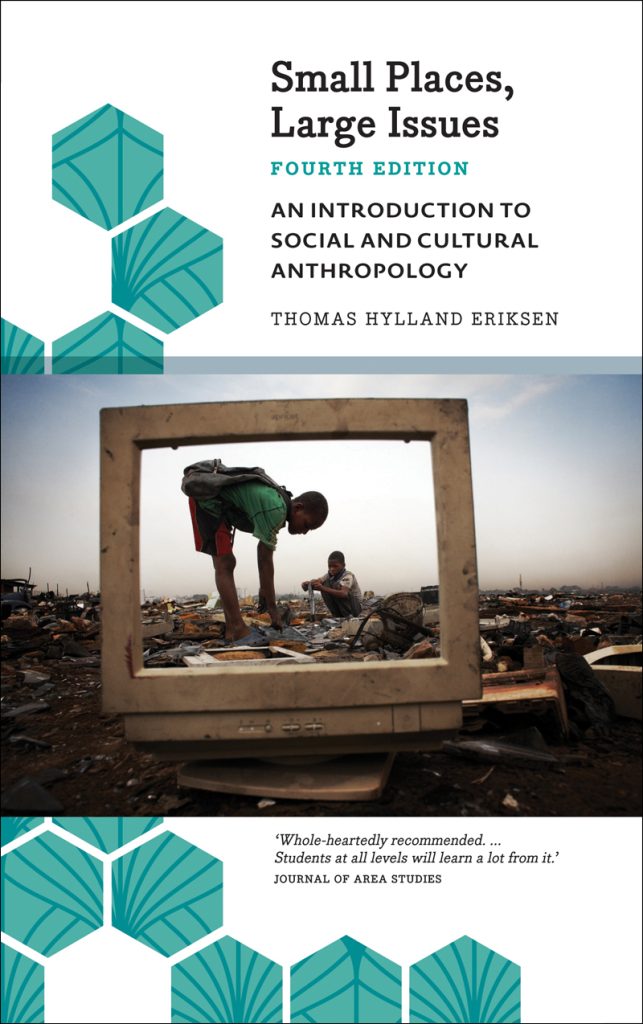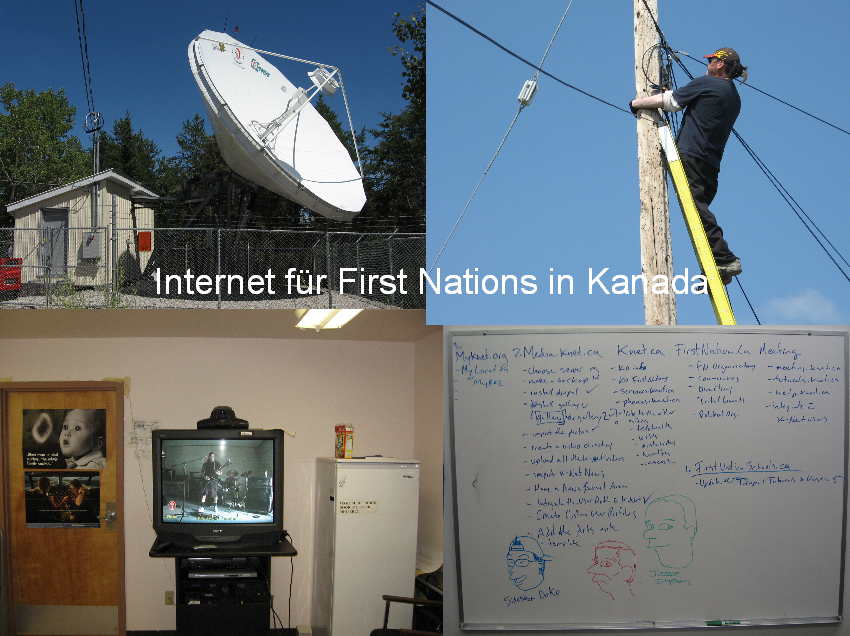Together with Martin Luger, I am organizing a lecture on ritual and religion in social and cultural anthropology at the Department of Social and Cultural Anthropology of the University of Vienna (in German). Find more information online.
Die Lehrveranstaltung gibt einen Überblick über zentrale Konzepte der Kultur- und Sozialanthropologie zu rituellen und religiösen Praktiken, Prozessen und Phänomenbereichen. Ausgehend von klassischen Werken unterschiedlicher Denktraditionen werden den Studierenden Einblicke in die Entstehung rezenter Sichtweisen und Debatten vermittelt. Mit Hilfe ethnographischer Fallbeispiele erlangen sie Kompetenzen im Erfassen unterschiedlicher Wechselwirkungen der zentralen Themenbereiche.
Die Kultur- und Sozialanthropologie befasst sich mit unterschiedlichen Glaubensvorstellungen, spirituellen Praktiken und Ritualen sowie deren soziokultureller und alltäglicher Einbettung. Religion und Ritual sind eng mit anderen Bereichen des menschlichen Lebens verflochten, etwa mit sozialen Beziehungen, Wertvorstellungen, Moral, Ethik, Vorstellungen von Gesundheit und Krankheit, politischen Organisationsformen, Ökonomie und Ökologie.
Religionen zeichnen sich beispielsweise durch eine ausgeprägte performative Ritual-Praxis aus. Das rituelle Geschehen als Feld des sozialen Dramas, der Initiation und Transformation sowie dessen Mittlerfunktionen zwischen Ordnung und Chaos, Communitas und Rebellion werden thematisiert. Ebenso wird anhand des Begriffs der Performativität der Frage nachgegangen, ob der Körper durch das Ritual geht, oder das Ritual durch den Körper.
Rituale stehen zudem in Zusammenhang mit bestimmten Wertvorstellungen und Normen sowie mit spezifischen Menschenbildern. Dabei haben Vorstellungen und Praktiken Auswirkungen auf die Subjektivität und Personalität von Praktizierenden. Dies hat sowohl ethnographische Erkundungen über jene Dinge gefördert, die im Leben von Menschen am wichtigsten scheinen, als auch Sensibilitäten dafür geschaffen, wie sich diese mit breiteren Prozessen und Kontexten überschneiden. Rezente Unsicherheiten betreffen beispielsweise die ökologische Zerstörung und ihre Ursachen, und destabilisieren Konzepte, Um- und Lebenswelten. Gleichzeitig entstehen neue religiöse Bewegungen mit dem Versprechen von ökologischem sowie sozialem Gleichgewicht (Stichwort: green religions, spiritual ecology).
Die Vorlesung spannt einen Bogen von evolutionistischen Ansätzen, über struktural-funktionale, bis hin zu post-strukturalen Ansätzen und den Ontologie-Debatten des 21.Jh. Die Inhalte werden anhand zentraler Texte und ethnographischer Fallbeispiele erläutert und ermöglichen die Diskussion eines breiten Spektrums kultur- und sozialanthropologischer Forschungszugänge. Die Lernplattform der Universität Wien wird genutzt, um Lernmaterialien zur Verfügung zu stellen sowie den inhaltlichen Austausch und die Kommunikation zwischen den Studierenden zu fördern. Zusätzlich sieht die Lehrveranstaltung eine aktive Beteiligung der Studierenden mittels Diskussionsrunden vor.

